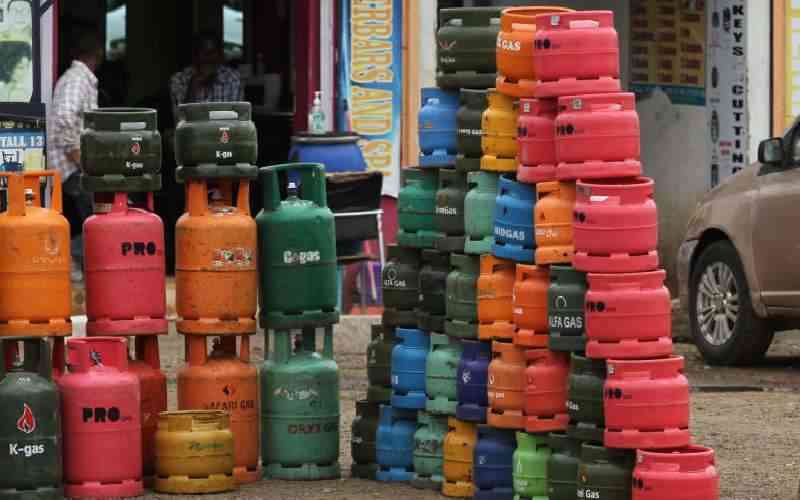Kenya's LPG Shakeup Is Here

Kenya's liquefied petroleum gas (LPG) sector is undergoing a major transformation as the government introduces stringent new regulations that are set to reshape the industry and impact consumer prices significantly.
Under the new measures, all LPG traders must obtain fresh licenses and undergo mandatory safety inspections at their cylinder filling plants. The regulations also require traders to demonstrate technical competence and implement an enhanced tracking system for gas cylinders. These changes are part of a comprehensive overhaul aimed at improving safety standards in the industry.
However, the new requirements come at a cost. Industry analysts predict a 15-20% increase in cooking gas prices as businesses adjust to meet compliance requirements. Small traders are expected to be particularly affected, with many potentially forced to exit the market due to increased operational costs.
The impact of these changes will likely be felt most strongly in rural areas, where access to cooking gas may become more limited and expensive. As smaller players exit the market, industry consolidation appears inevitable, potentially reducing competition and further affecting prices.
The government has set a six-month deadline for existing license holders to comply with the new regulations. These include mandatory safety training for all personnel handling LPG and stricter requirements for storage and transportation facilities. Non-compliance will result in heavy penalties.
While these measures aim to enhance safety and professionalism in the LPG sector, the immediate consequence for Kenyan households appears to be higher cooking gas prices, adding to the rising cost of living concerns facing many families.
